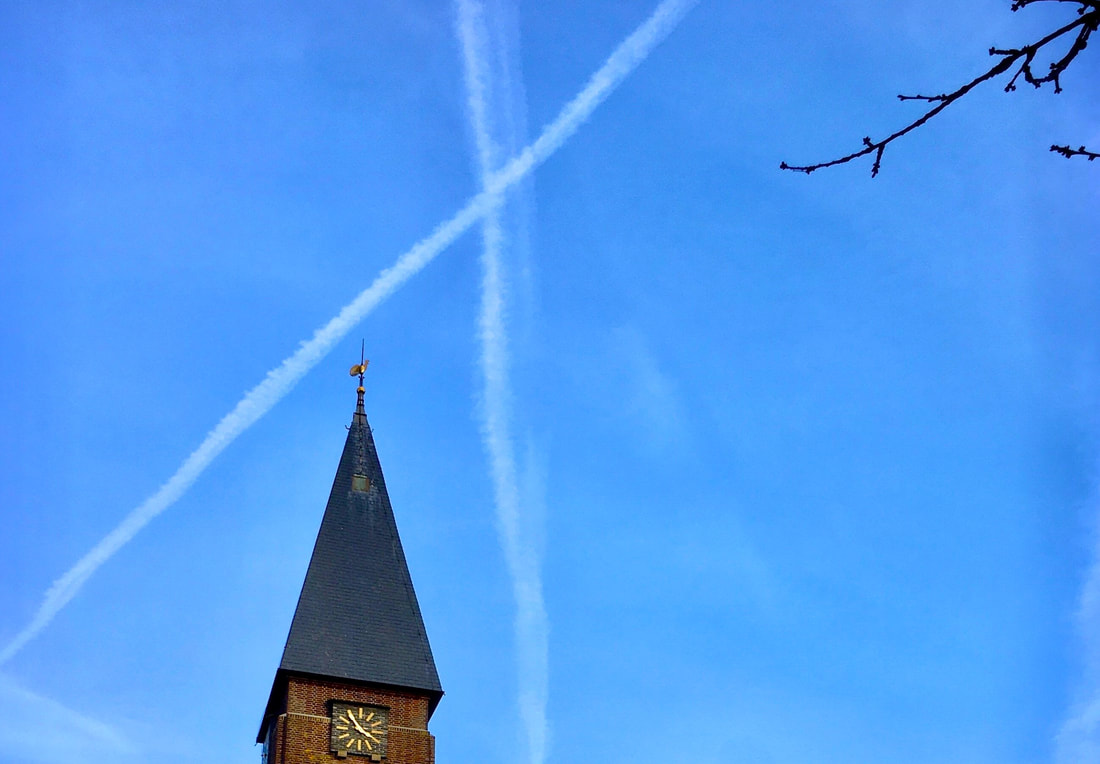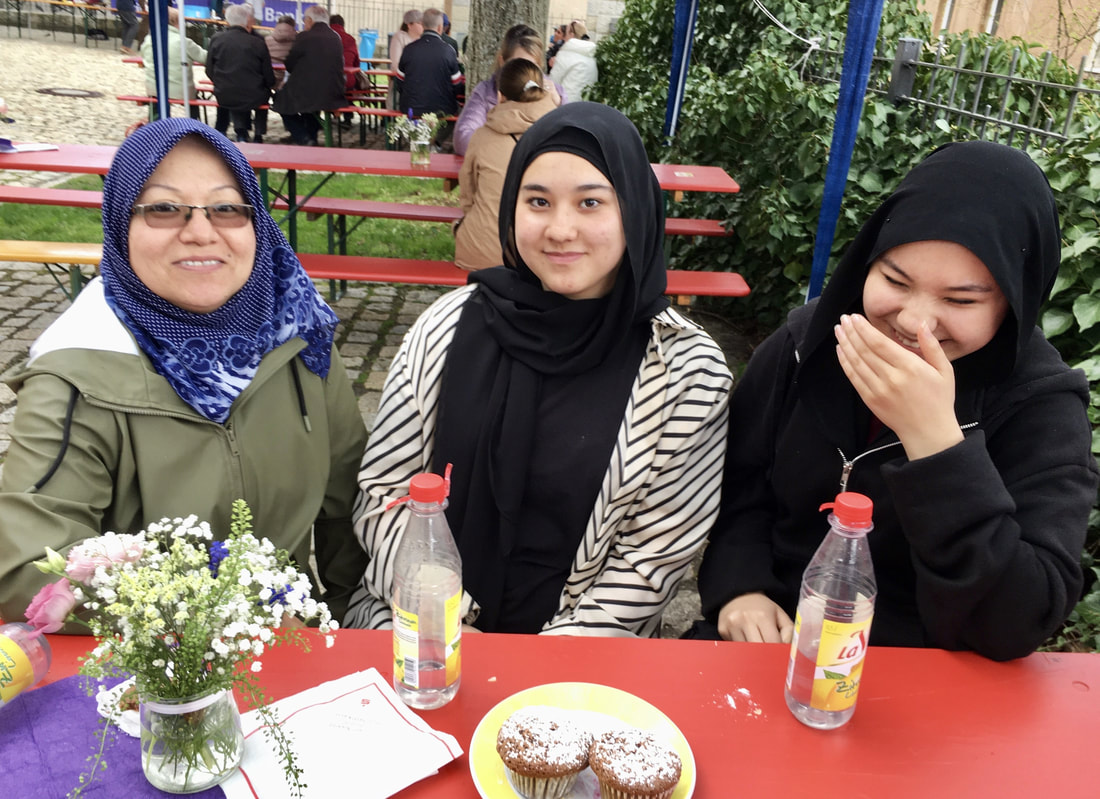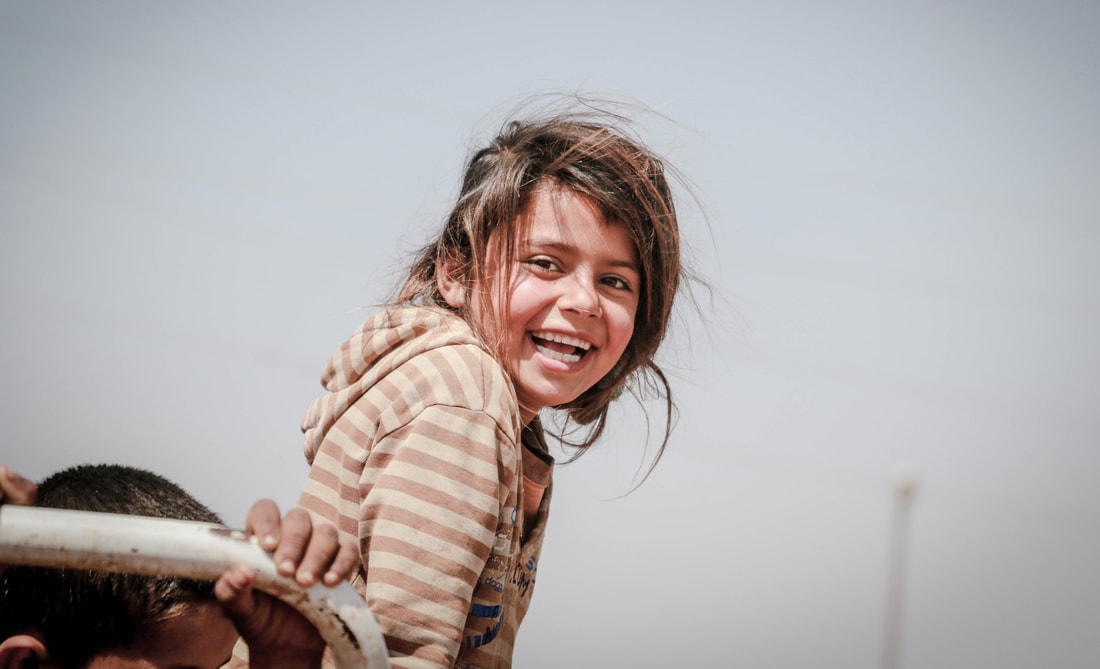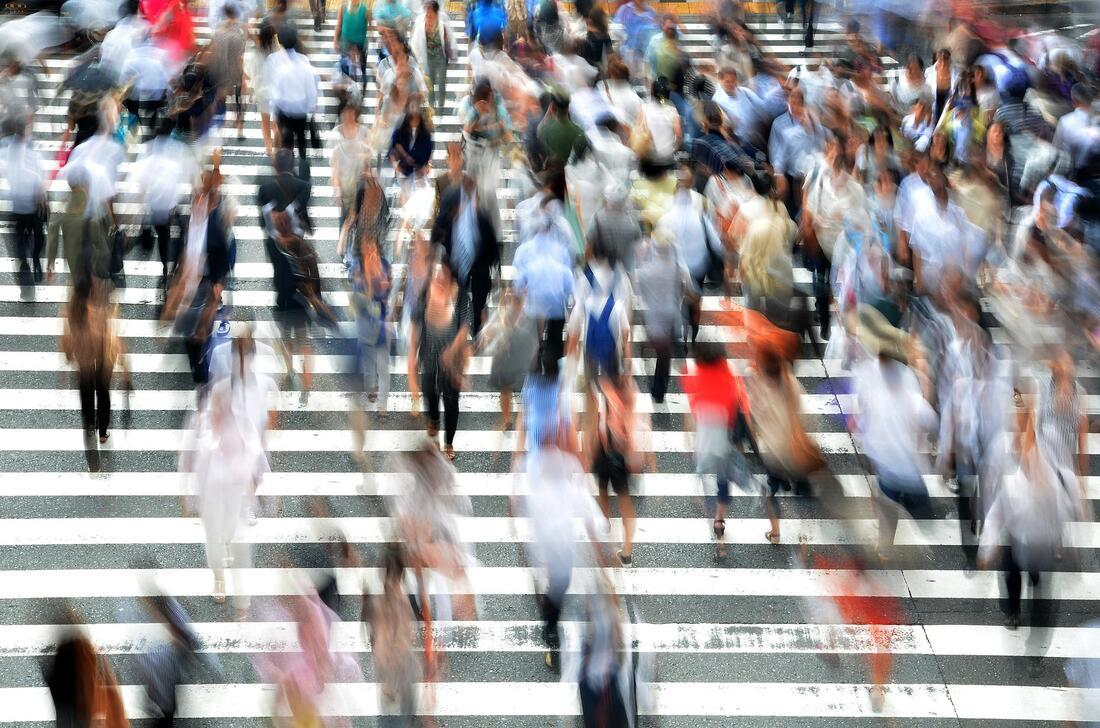|
‘Coincidence doesn't happen a third time.’ (Osamu Tezuka) I arrived in the Netherlands on Saturday, aiming to orientate myself briefly to this new country before working with an INGO team there on Monday. When I stepped into my hotel room, however, it smelt damp and sweaty. Trying not to breathe, I opened the windows to an icy blast and decided to go for a walk while the fresh air did its work. Not far away, I noticed a church building so walked over to have a glance at its meeting times. As I did so, I looked up and saw a cross in the sky, a misty symbol painted momentarily on blue canvas by vapour trails. It felt significant, but I didn’t know why. The next day, the church was full when I arrived and I sat quietly in the midst, happily surprised by how much Dutch I could understand. (I can speak German, but this was my first time to read this new language). At the end, a woman kindly introduced herself to me. On learning that I am English, she explained that the church is recovering from an intensely painful internal conflict. The pastor had spoken on a need to look to God. I showed her the photo I had taken the day before – a symbol of suffering and hope – and she started to weep. ‘God brought you here to us this morning, Nick.’ Another woman now introduced herself, explained briefly that she had worked internationally in medical mission, and invited me to a special meeting that afternoon for asylum seekers and refugees. ‘How could she possibly have known anything about my life and work?’ I asked myself, a total stranger. The guest speaker that day was a visitor from Algeria and, serendipitously, works for the same organisation I was about to work with the following day... as does a man who randomly found himself sitting beside me in a hall full of people. Was this all coincidence? I don’t believe so. You decide.
16 Comments
‘The final frontier may be human relationships, one person to another.’ (Buzz Aldrin) I met recently with small groups of asylum seekers and refugees from the Middle East and Central Asia. All commented on how grateful they are for the practical help they have received from the host countries in which they have settled in Europe – housing, health, education etc. and money for food, lighting, heating, water, clothing etc. Without such basic necessities, they could not have survived. That said, their sense of isolation, so far away from home, family and friends etc, can be very painful to endure. Sometimes, having escaped persecution, conflict or war, they may feel anxious or reluctant to connect with people from their own countries of origin, in their host countries, because they may be from ‘the other side’. It’s hard to trust if trust has been absent, damaged or betrayed. I ask what they need, what they hope for, what would be life-giving, more than just bearable. Their answer is simple and clear: human relationship, friendship, laughter, to be listened to, to feel heard and understood. Sometimes they lack confidence to reach out. They may fear rejection, feel insecure about their limited local language or worry about a risk of cross-cultural misunderstandings. Host countries may risk focusing so much on strategy, policy and task that they lose sight of relationship. I’m inspired by Pete in the UK and Margitta in Germany. They are followers of Jesus. Whenever we encounter people who are asylum seekers or refugees, Pete and Margitta are welcomed with huge smiles. They see and treat people, warmly, as real people. Love is transformational. 'Home isn't where you're from, it's where you find light when all grows dark.' (Pierce Brown) I was invited yesterday to meet with a family of asylum seekers who have recently arrived in Germany from Syria. They are living in temporary accommodation, a house with no furniture, only mattresses on the floor, yet at least in a place of safety until suitable accommodation is found. The three young children greeted us excitedly with wide grins when we arrived at the door. My hostess, Margitta, a Christian activist with a passion for the poor and most vulnerable, had brought a travel cot in preparation for the arrival of the family’s new baby. As we sat on the floor together, the father pointed to himself apologetically and said, ‘No German’, then to us, ‘No Arabic.’ At that moment, some simple words and phrases I had learned some 40 years ago whilst working briefly in a Palestinian hospital came tumbling into my mind. I felt unsure if I had remembered them correctly, and a bit nervous that my English-accented Arabic might sound a bit weird, but nevertheless spilled them out: ‘Hello, How are you? Fine thanks. Please. Thank you. Yes. No.’ Etc. At least that’s what I think I said. Not exactly the stuff of fluent conversation. Yet, in that moment, the whole family looked stunned…then absolutely delighted…then with huge smiles burst into a spontaneous applause. When arriving in an alien land where so much is so unfamiliar, to hear simple words spoken in one’s own language must feel like a reassuring familiarity, a comforting reminder of one’s own home. I sensed it mattered, too, that my own stumbling German made them feel less isolated, less alone. Small things can be big things. Our weakness can be our strength. Diversity: a problem to be solved...or an opportunity to be grasped? What do you think? 'Whatever affects one directly, affects all indirectly.' (Martin Luther King) DEI, EDI, DIE..acronyms, used interchangeably with a similar meaning. It’s the stuff of diversity, equality/equity and inclusion. If the very sight of those words makes you yawn with boredom or roll your eyes with frustration, DEI experts and advocates need to ask why. To see a glowing example of passion, creativity and inspiration in this arena, have a glance at Shine! The challenges that EDI sets out to tackle are important, complex and human. They affect very real, vulnerable and disenfranchised people in organisations and the wider world. Most DEI policies and plans I see represent implicitly: (a) a legal rights-based approach; that is, to offer protection against illegal discrimination, and ensure equality of access to opportunities and resources; and (b) a humanistic values-based approach; that is, to treat everyone respectfully as human beings, and appreciate the differences between people. Both offer a critical baseline for healthy conduct and behaviour in liberal-democratic societies. We could think of these approaches as, essentially, ideologically-based. They flow from a vision of organisations and societies in which, in particular, people and groups that are non-dominant and less-privileged are offered special protection and support so that they, alongside others, can enjoy free and fulfilling lives. They recognise a genuine risk in any group or society that less-powerful people will be and become marginalised by the cultural interests and priorities of the privileged majority. Against this backdrop, EDI initiatives often prioritise, first and foremost, legal and policy requirements as core foundations. An underlying challenge for these types of ideological approaches is how to gain and sustain traction if others, especially those in powerful positions, don’t share the same vision and values, or a desire to prioritise them. An unintended consequence of effective recent social-political lobbies such as LGBTQ+, BLM and Extinction Rebellion has been to create a silent-silenced group that, for reasons of expediency, presents a convincing, socially-presentable façade, yet with no real substance behind it or commitment to change. Climate activist Greta Thunberg calls this out as the cynical ‘Blah, blah, blah’ phenomenon. For the DEI venture to exert greater transformational influence and impact, I believe those who promote it need to become better at evaluating and demonstrating the tangible benefits of diversity: especially to the pragmatist-sceptics. It’s not enough to create and enforce laws and policies, important as they are for protection, equality and inclusion. It’s not enough to appeal for kinder, fairer and more tolerant organisations – although, as a follower of Jesus – I see such qualities as having intrinsic value. EDI's core proposition that 'diversity is a good thing' will prove far more persuasive if it can show convincingly why. I may have something useful to offer here. For many years, I have had the privilege of working internationally with leaders and professionals from diverse cultures and backgrounds. I often use a powerful, small-group, peer-coaching method called ‘Action Learning’. It enables people who face wicked problems to make better decisions, faster. Diversity in such a group is a critical success factor because it enables a person to unpack an issue, stress-test her or his assumptions and create innovative solutions – precisely because peers pose stretching questions from vastly different perspectives and experience-bases. One organisation I worked with had a strong commitment to DEI. It employed people from a wide range of countries and backgrounds and worked hard to ensure that everyone was treated in the same way. Ironically, its efforts had inadvertently blinded it to the value of difference. It missed completely the significant potential that such diversity can offer when running projects, dealing with challenging issues etc. I invited the leaders to engage in a simple experiment – to create problem-solving and innovation teams based on radical diversity as the key team criterion, irrespective of formal role. The results were truly astonishing. As EDI progresses, develops and learns, I believe that this kind of testing, evidencing and presenting of practical benefits, alongside issuing or enforcing an ethical call, will prove vital and fruitful. It will be an invaluable area for further research. I work with asylum-seekers and refugees who often feel depressed and frustrated by being characterised as helpless victims, rather than as resourceful contributors who want to show they can make a difference. Legal rights-based and humanitarian values-based approaches to DEI are a critical bedrock. A benefits-outcomes approach could ensure an additional life-giving dimension. |
Nick WrightI'm a psychological coach, trainer and OD consultant. Curious to discover how can I help you? Get in touch! Like what you read? Simply enter your email address below to receive regular blog updates!
|







 RSS Feed
RSS Feed